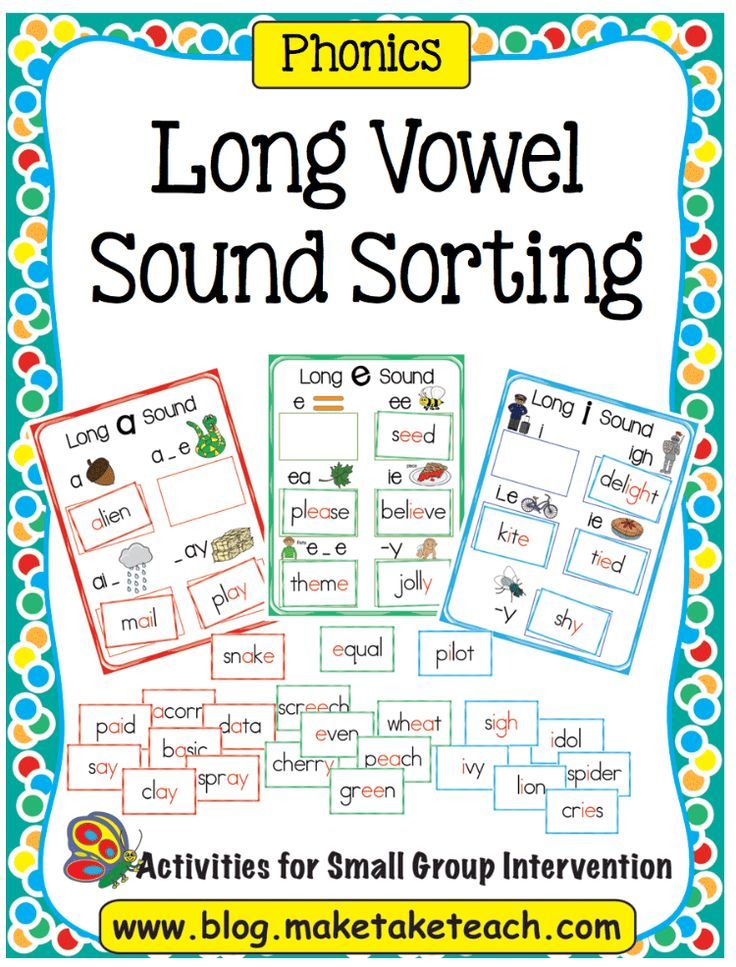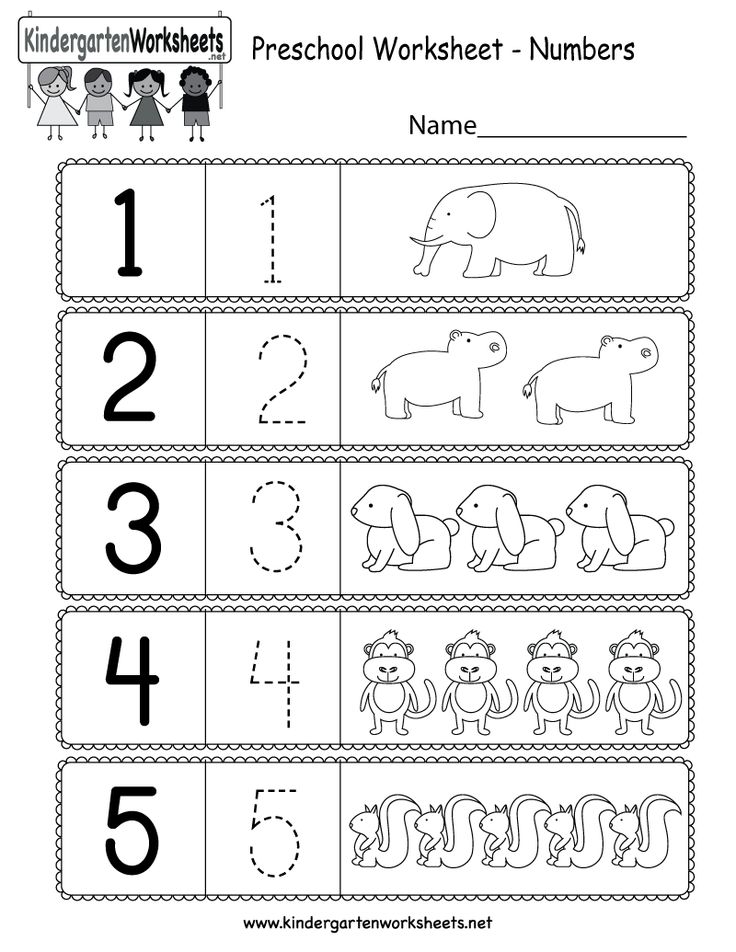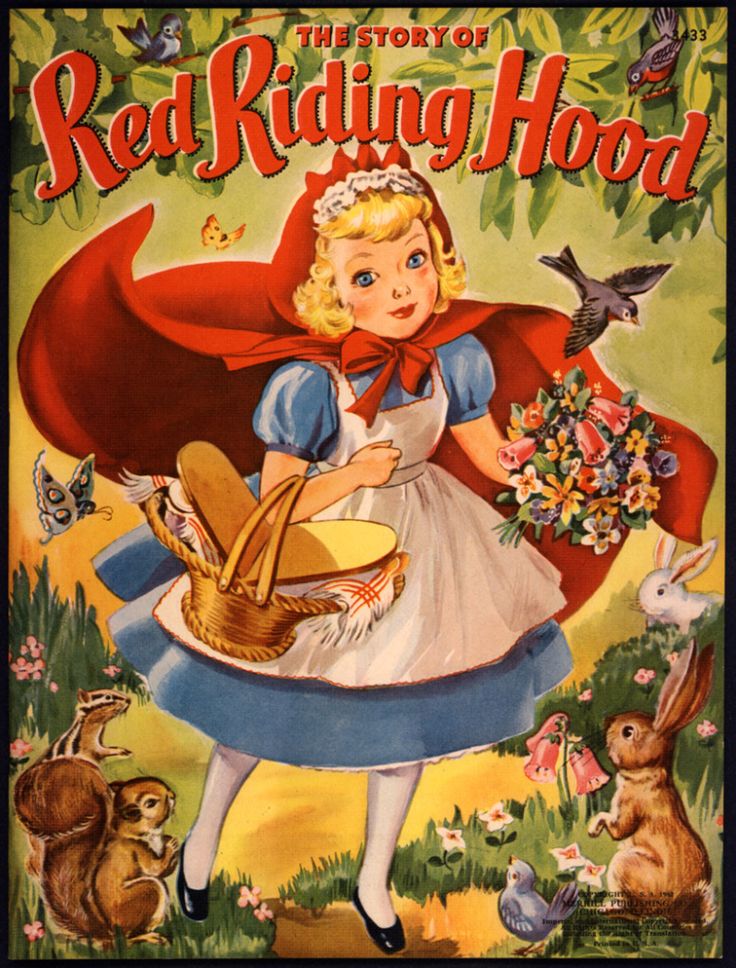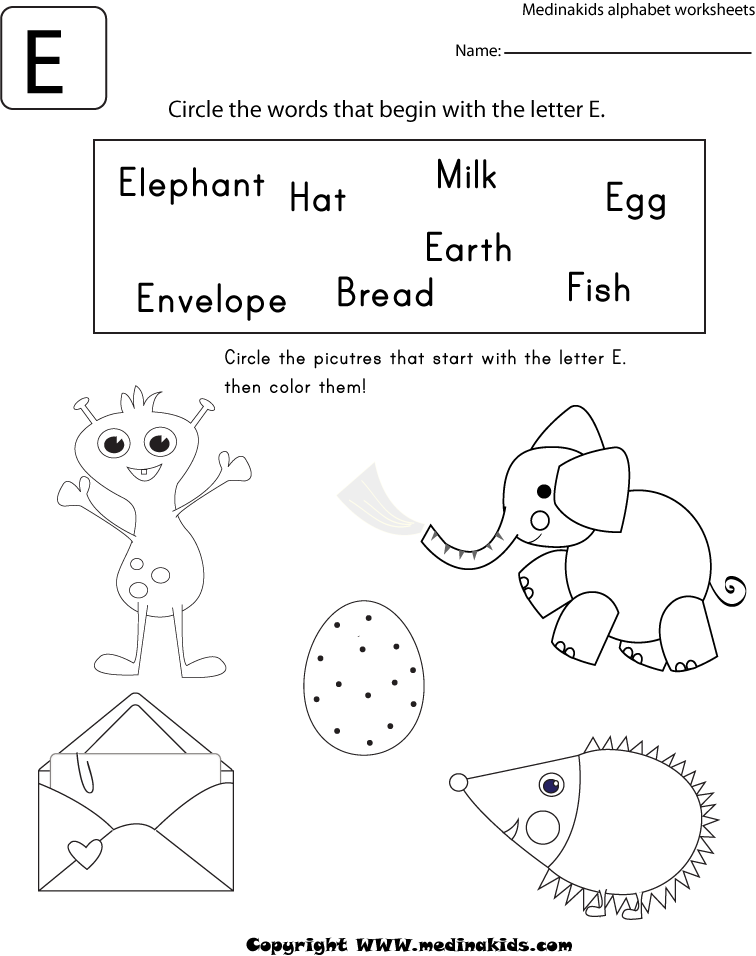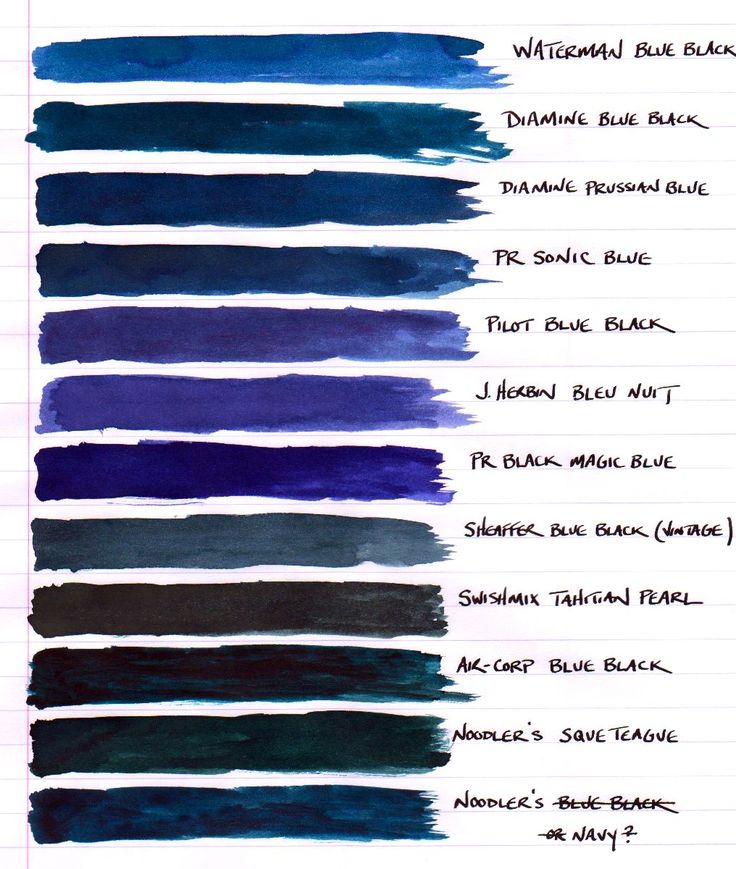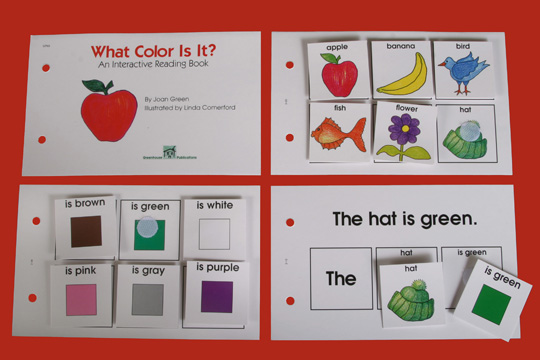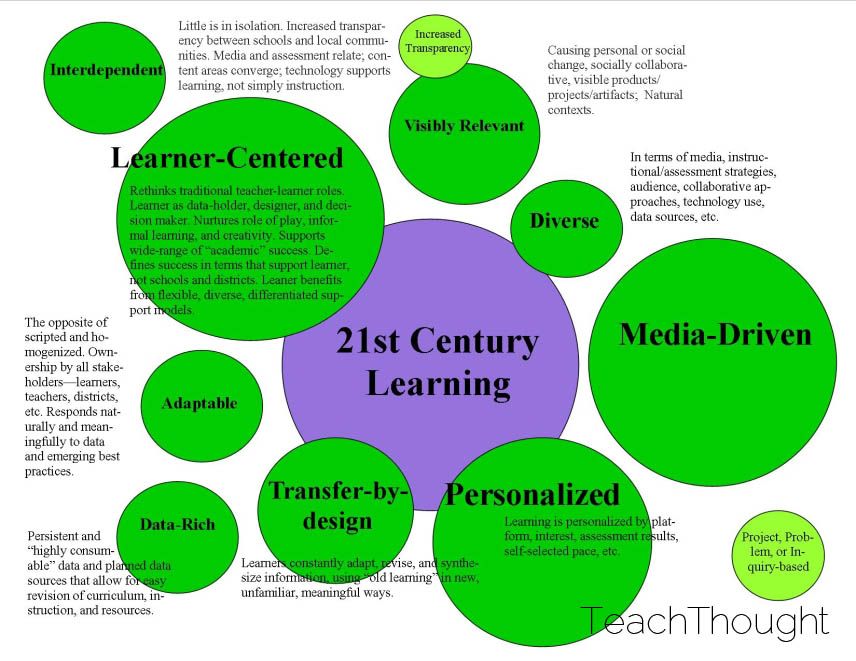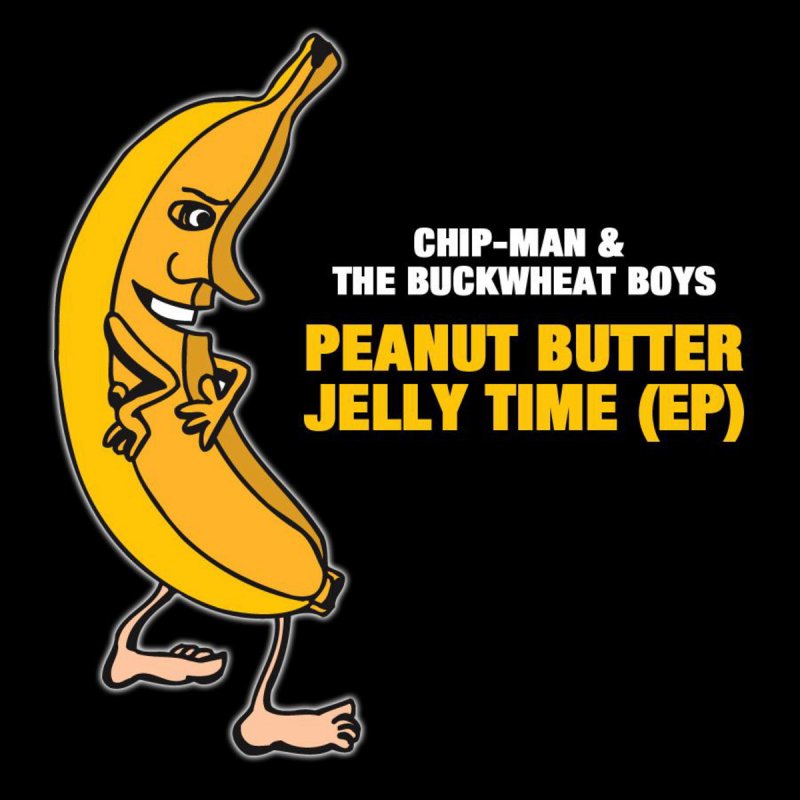Pre school reading games
Reading Games for Preschoolers Online
Why Reading Games?When you think of reading games for preschoolers as a parent, you probably don’t have a lot of fun activities in mind. But did you know that reading can also be made into an exciting game for kids?
When kids or preschoolers think of having fun, they hardly think of educational books. They probably dream of playgrounds, coloring tools, gaming arenas, and other kids their age, but the chances of them thinking of reading, in the same way, are slim.
Fun Ways to Teach Your Kid How to ReadTeaching your kid how to read can always be turned into a fun activity. Here are some of the most fun ways to teach reading to your child:
- Read to your child.
- Play rhyming games.
- Create a reading nook.
- Play the alphabet game on road trips.
- Make letter crafts.
- Go to the library.
- Read signs on the road.
- Take books with you when you travel.
- Give your children books as gifts.
- Read the mail together.
- Make up silly songs together.
- Ask them to read the pictures to you before they can read the words.
- Do word searches.
- Play sight word games.
There is no cut and dry method to teach anything to anyone, especially when it’s kids we’re talking about. That’s because every child has different talents and abilities, and their interests vary as well. It is undeniable that a child’s mind becomes sharper if exposed to reading from an early age. Right after their birth, kids begin to gather skills that enable them to improve their reading.
The ages between 3 to 5 are crucial years for your child’s reading abilities. Use those years to read to your child and introduce them to the world of books and stories. Reading to your child also helps you bond with them better.
Once your child begins to speak, you will realize the positive effect of reading on them.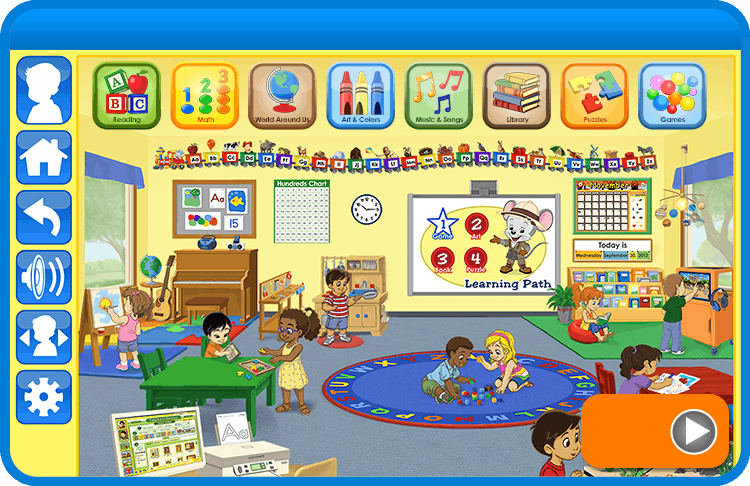 They will also be able to read the words on stop signs, store signs, and mail that comes your way.
They will also be able to read the words on stop signs, store signs, and mail that comes your way.
By playing some fun reading games for preschoolers, your child will be able to hold a book correctly, name letters that begin certain words, make up rhymes or silly phrases, recall familiar words and phrases from their favorite books, and also turn the pages properly.
For some advanced preschoolers, reading can also help them guess what might happen next in a story or even retell stories that they know. The more they practice, the more they can improve.
How to Support Your Child in Preschool?The growth of a child is directly proportional to the support they receive from their parents. If they are subjected to a loving, comforting, and intellectually stimulating environment, they will automatically grow up to be smart and sensible adults. Since reading is an integral part of any child’s learning journey, it is essential to start supporting them early on.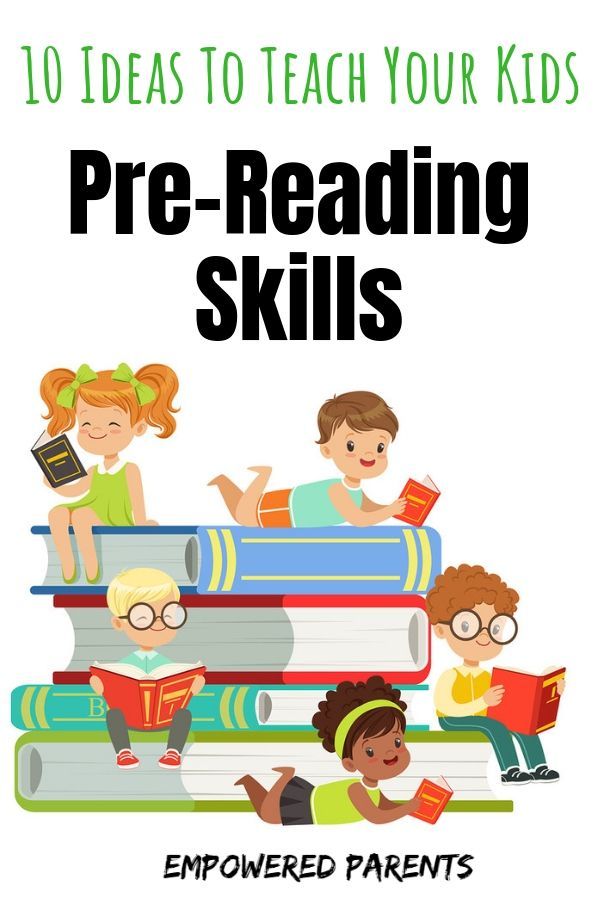
Gift them books, read to them, make up games you can play with them one-on-one and also as a group, see the kind of words and stories they respond the most to, and create a healthy learning environment. This way, you will be preparing them better for what’s to come in their classroom sessions.
Teach Your Child to Read with SplashLearn!With SplashLearn’s game-based learning, you can introduce your child to different reading grades for a wholesome, holistic reading experience. All of these lessons are created after intense research and help the kids remember as well as create.
Reading games can further be divided into Phonics and Sight Words. Some of the reading online games for preschoolers from both the categories that you can play with your kid are as follows:
Phonics Games:
- Letter Names
- Letters A – Z
- Letter Sequence
- Letter Sounds
- Short Vowel Sounds
- Reading Words
- Rhyming Words
- Long Vowel Sounds
- Initial Consonant Blends
- Ending Consonant Blends
- Magic - E
- Vowel Teams
- Bossy R
- Soft Sounds
- Trigraphs
- Diphthongs
- Three Letter Bends
Sight Words Games:
- All Sight Words
- Dolch Sight Words
- Fry Sight Words
As a parent, you must try different tools to enrich your kid’s young mind.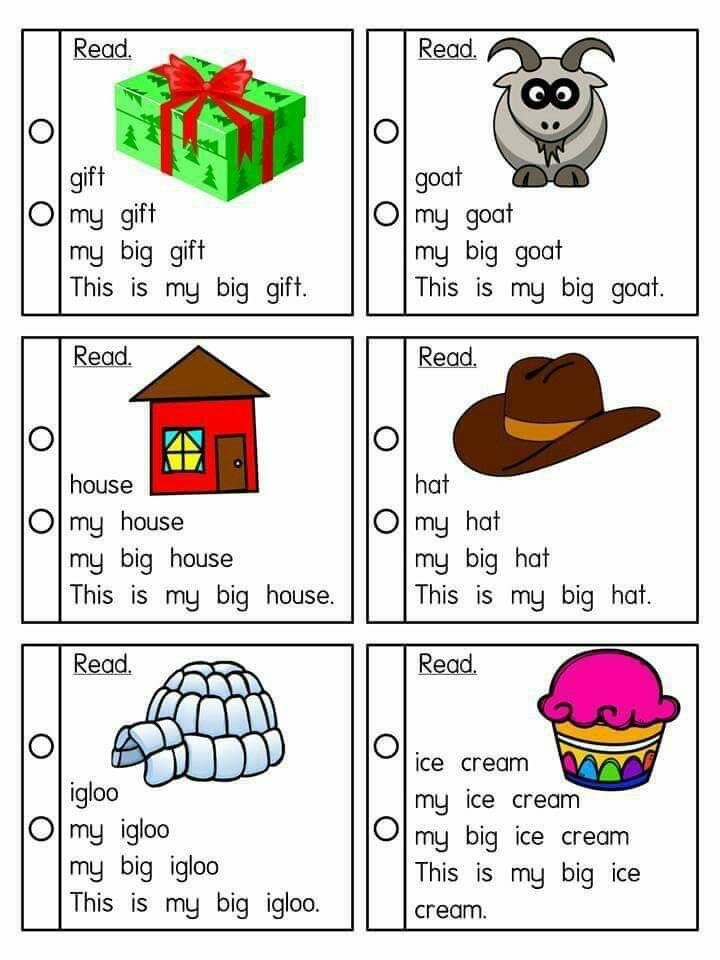 SplashLearn’s fun reading games, for instance, help in enhancing your child’s reading ability. Play these games with your kids and help them read better.
SplashLearn’s fun reading games, for instance, help in enhancing your child’s reading ability. Play these games with your kids and help them read better.
Learn more with SplashLearn. Get to create curated lessons for your kids. Use this platform to gain access to reading games for preschoolers and gain an insight into the progress your child makes.
Is there something we missed out? Write to us at [email protected] with your feedback and comments. We love to hear from you and improve the learning experience for your kids.
Try SplashLearn for Free
Reading Games | PBS KIDS
Reading Games | PBS KIDS Reading GamesMore Games
Molly of Denali
Beading Art
Create beaded designs with Molly using step-by-step instructions or create your own designs.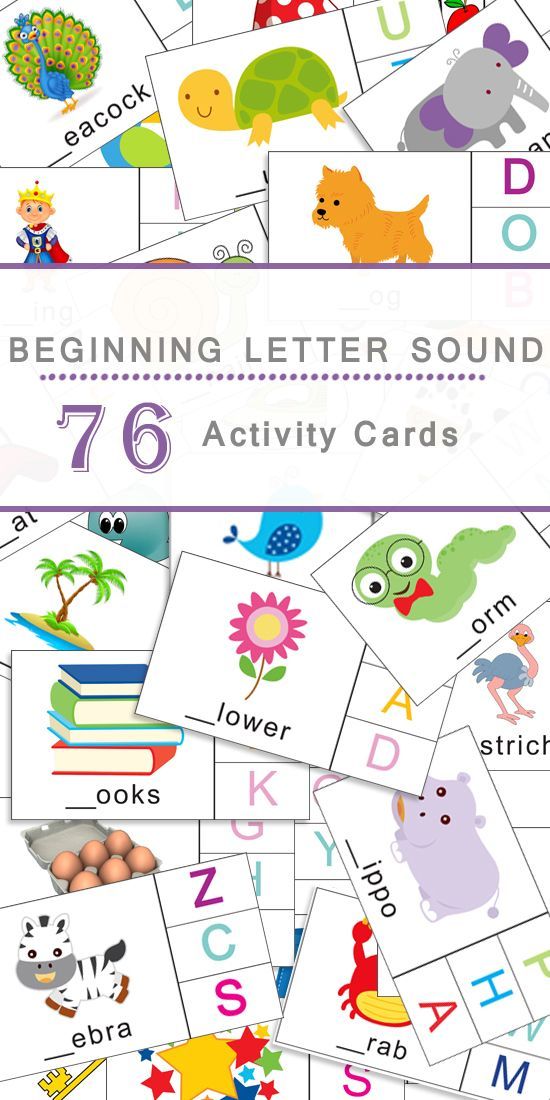
Sesame Street
Abby's Sandbox Search
Literacy-English Language Arts (ELA)
Help Abby find the objects hidden in the sand!
Xavier Riddle and the Secret Museum
Xavier Story Creator
Literacy-English Language Arts (ELA)
Create stories your own way!
Peg + Cat
The Big Dog Problem
Mathematics,Computational Thinking
Read a storybook with Peg and Cat!
Peg + Cat
The Election Problem
Literacy-English Language Arts (ELA),Mathematics,Social Studies,Computational Thinking
The chickens vote for someone to watch them while the farmer is away!
Sesame Street
Storybook Builder
Literacy-English Language Arts (ELA),Social & Emotional Growth
Create stories with Elmo, Abby Cadabby, and Cookie Monster!
Sesame Street
Letter Dance Party
Literacy-English Language Arts (ELA)
In this game, your child can practice letter recognition and dance with Big Bird and Snuffy.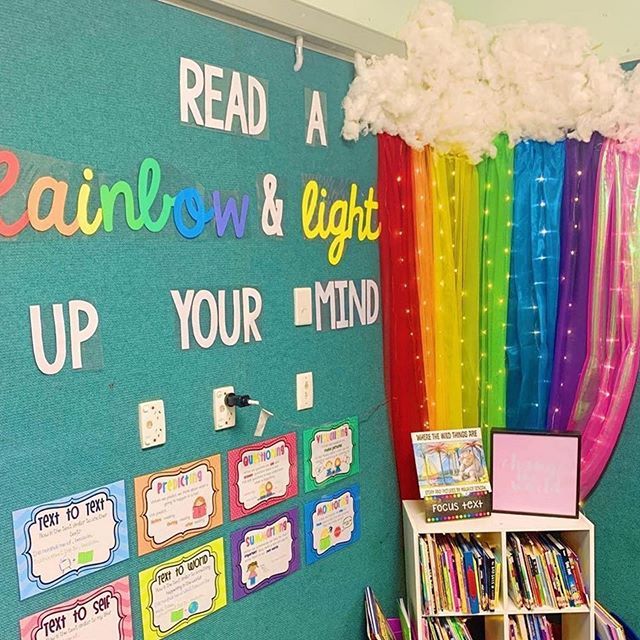
Plum Landing
Can You Dig It?
Science
Dig underground to find food, but watch out for predators!
Martha Speaks
A Tale of Two Soup Cans
Literacy-English Language Arts (ELA)
True Stories, science/environment
Martha Speaks
Getting To The Game
Literacy-English Language Arts (ELA)
One of the Martha True Stories Texts.
Martha Speaks
Operation Ice Cream
Literacy-English Language Arts (ELA)
One of the Martha True Stories texts.
Martha Speaks
How to be an Inventor
Literacy-English Language Arts (ELA)
One of the Martha True Stories texts
Martha Speaks
Super Inventions
Literacy-English Language Arts (ELA)
One of the Martha True Stories texts.
Martha Speaks
How Do You Measure Up?
Literacy-English Language Arts (ELA),Mathematics
Read about measurement with Martha!
Martha Speaks
Planning an Elephant's Party
Literacy-English Language Arts (ELA),Mathematics
one of the Martha True Stories texts
WordGirl
Comic Book
Literacy-English Language Arts (ELA)
WordGirl Interactive Comic Book Activity
WordGirl
Storybook Adventure
Literacy-English Language Arts (ELA)
html5 choose your own adventure book
Arthur
Arthur's Park
Literacy-English Language Arts (ELA),Science,Social & Emotional Growth,Executive Function Skills
Help Arthur build a new park and beautify Elwood City!
Clifford the Big Red Dog
Adventure Stories
Literacy-English Language Arts (ELA)
Create stories with Clifford!
Curious George
Juega al Escondite
Mathematics
Busca y encuentra los números en este juego con Curious George
Molly of Denali
Explore With Molly
Literacy-English Language Arts (ELA),Social Studies,The Arts
Explore Molly's town, play games, and help her neighbors pick blueberries, find agate stones, and make syrup!
Molly of Denali
Fish Camp
Literacy-English Language Arts (ELA),Social Studies
Fish for salmon with fishing rods and wheels to feed Molly's friends and sled dogs!
Molly of Denali
Denali Trading Post
Literacy-English Language Arts (ELA),Mathematics,Social Studies,Executive Function Skills
Help run the Trading Post with Molly and Suki! Fill customer orders and restock shelves.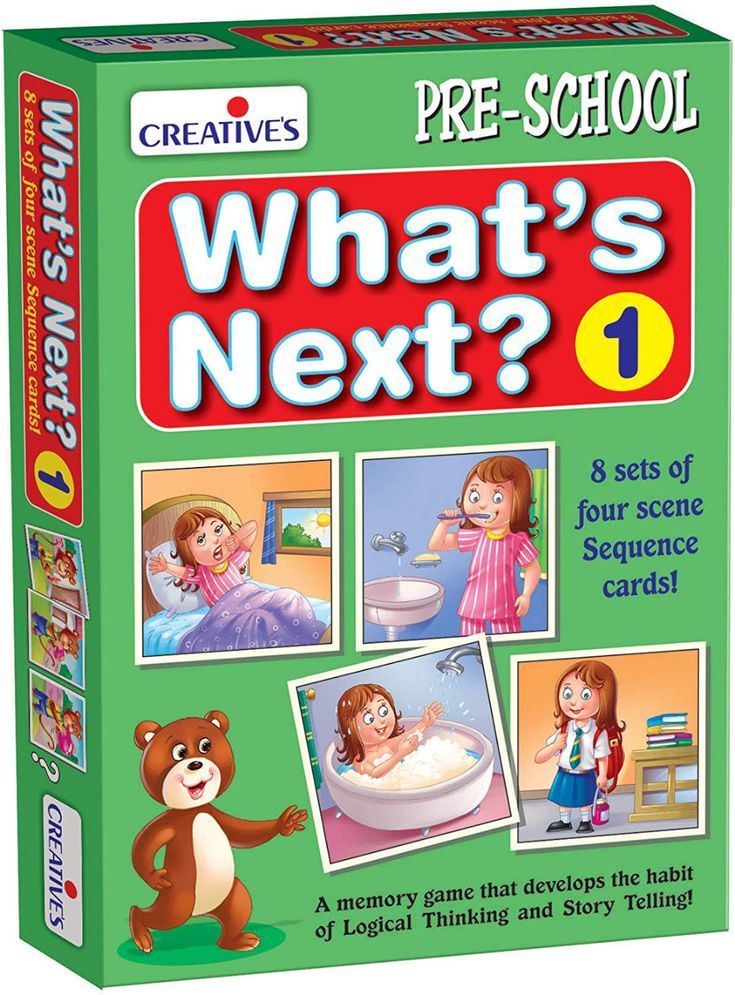
Molly of Denali
Sled Dog Dash
Literacy-English Language Arts (ELA),Social Studies
Go on a sledding adventure! Help Molly care for the sled dogs and make deliveries.
Molly of Denali
Veggiezilla!
Literacy-English Language Arts (ELA),Science,Mathematics
Grow giant vegetables with Molly and Trini for the Alaska State Fair!
Molly of Denali
Alaskan Adventure
Literacy-English Language Arts (ELA),Science
Explore the Alaskan wilderness with Molly, her mom, and Nina. Take photos of amazing animals and record what you find in your notebook.
Super Why!
Wonder Red’s Rhyme Racer
Roller skate and rhyme with Wonder Red.
Super Why!
Alpha Pig's Paint By Letter
Literacy-English Language Arts (ELA)
alpha pig letter and painting game
Super Why!
Super Why! Saves the Day
Literacy-English Language Arts (ELA)
Use your spelling knowledge to help Super Why finish the story!
Super Why!
Storybook Creator
Literacy-English Language Arts (ELA)
super why reading storybook creator
Super Why!
Princess Presto's Spectacular Spelling Play
Literacy-English Language Arts (ELA)
Help Princess Presto put on a spelling play filled with letters!
Molly of Denali
Molly’s Winter Kitchen
Literacy-English Language Arts (ELA),Science,Social Studies
Help Molly and her mom prepare traditional foods to last all winter!
Didactic games for teaching children of senior preschool age to read.
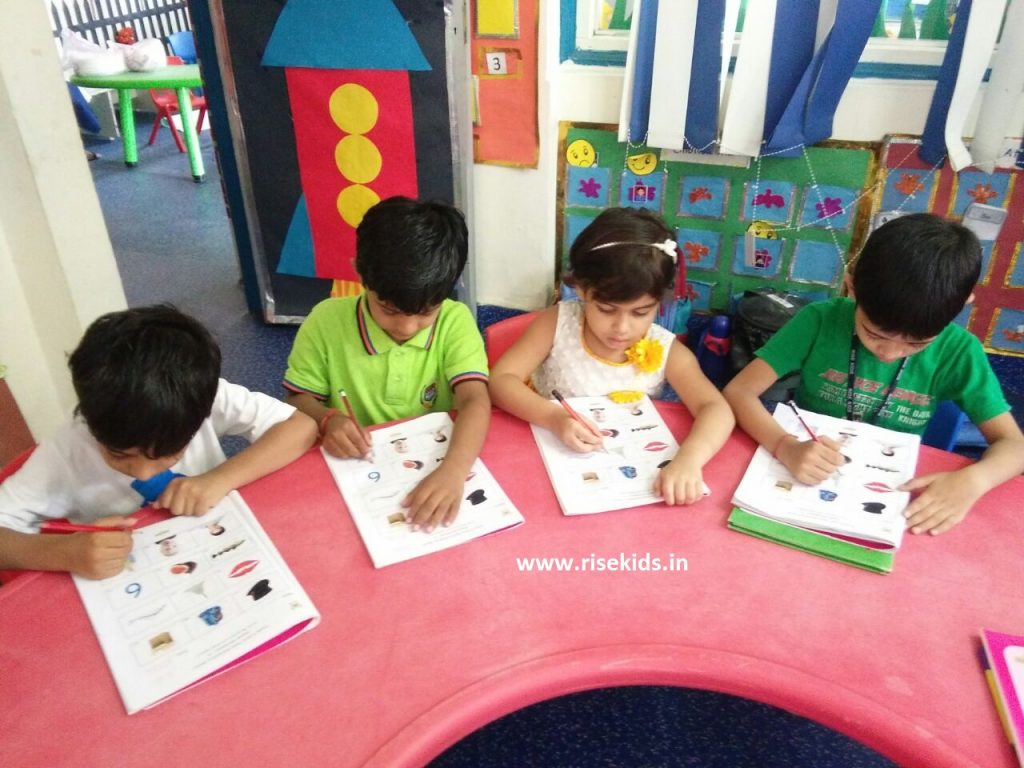 | Card file for teaching literacy (senior, preparatory group):
| Card file for teaching literacy (senior, preparatory group): Card file of didactic games, exercises for teaching reading to children of senior preschool age
the sign system for the child does not have any visual associations, as well as painstaking training in the skills of merging letters into syllables and words when reading.
Therefore, the system of teaching reading should be built taking into account the leading activity of the age, which is the game activity. Using didactic games, you can make the process of learning to read not only effective and simple, but also interesting for the child.
Didactic (educational) games are one of the forms of an adult's educational influence on a child and, at the same time, the main activity of an older preschooler.
Thus, the didactic game has two goals:
- teaching - pursued by an adult;
- play for which the child acts.
It is necessary that these goals complement each other and ensure the assimilation of the program material. Therefore, tasks aimed at developing the skill of sound analysis and synthesis, teaching reading, speech development should be given in a playful way.
Therefore, tasks aimed at developing the skill of sound analysis and synthesis, teaching reading, speech development should be given in a playful way.
Didactic games should be built according to the following principles:
- D/i should be based on program material;
- The purpose of objects, pictures, aids, the meaning of questions, the conditions of the game should be clear and understandable to children;
- Benefits used by educators during kindergartens must be visually attractive;
- The conditions of the game and the number of aids used in it should ensure that all children are involved in the process.
Older preschoolers have a hard time learning abstract concepts. It is not easy for a child to realize what a sound, syllable, word, sentence is, since this age is characterized by visual-effective thinking. Visualization and play are important here.
Games for learning to read can be systematized depending on the learning objectives.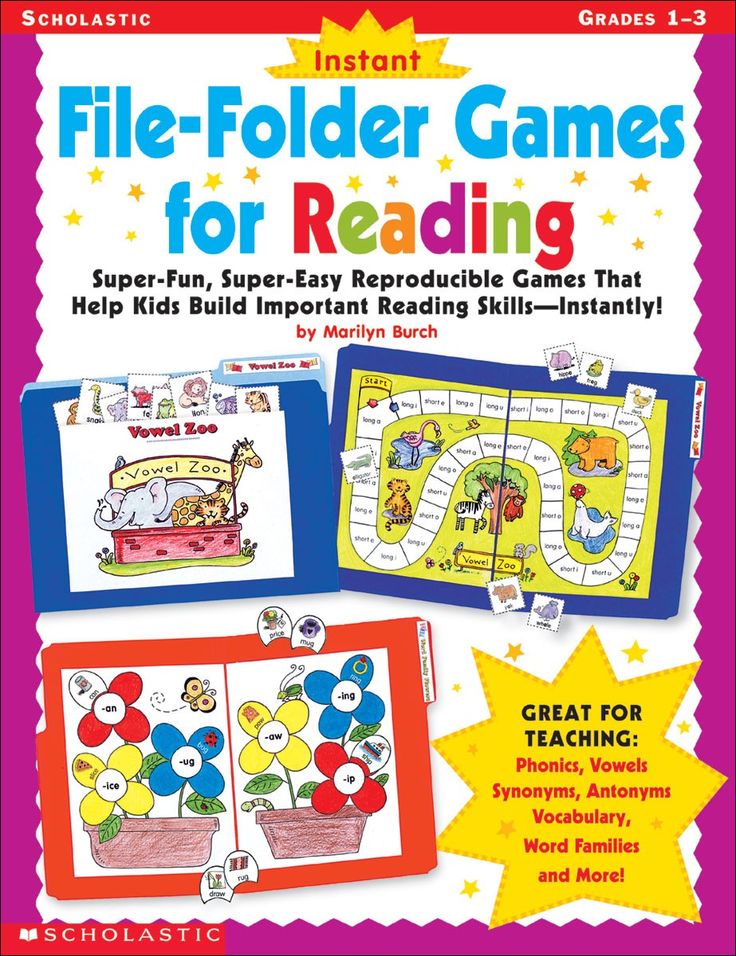 They are divided into the following blocks:
They are divided into the following blocks:
I. Games of the preparatory stage - teaching the skills of sound analysis and synthesis.
This block includes the following games:
- Exercise "Songs of sounds" - fairy tales about how sounds went to each other in
guests [to] [o], etc.;
- The game "Mom's bag"
Purpose: to exercise children in naming words for a given sound.
Material: not required
Game progress: The teacher says that mother came from the store and brought products that have the sounds [m] and [m] or some other in the name. Children name the words: oil. Milk, etc., you can use pictures as a clue.
- The game "Extra word"
Purpose: to learn to distinguish sounds, to learn to identify sounds in a word, to develop auditory attention.
Material: subject pictures (mountain, burrow, ear, goat, bow, cap, mole, cat, honey, walrus, fishing rod, bouquet, heron, daughter, nail).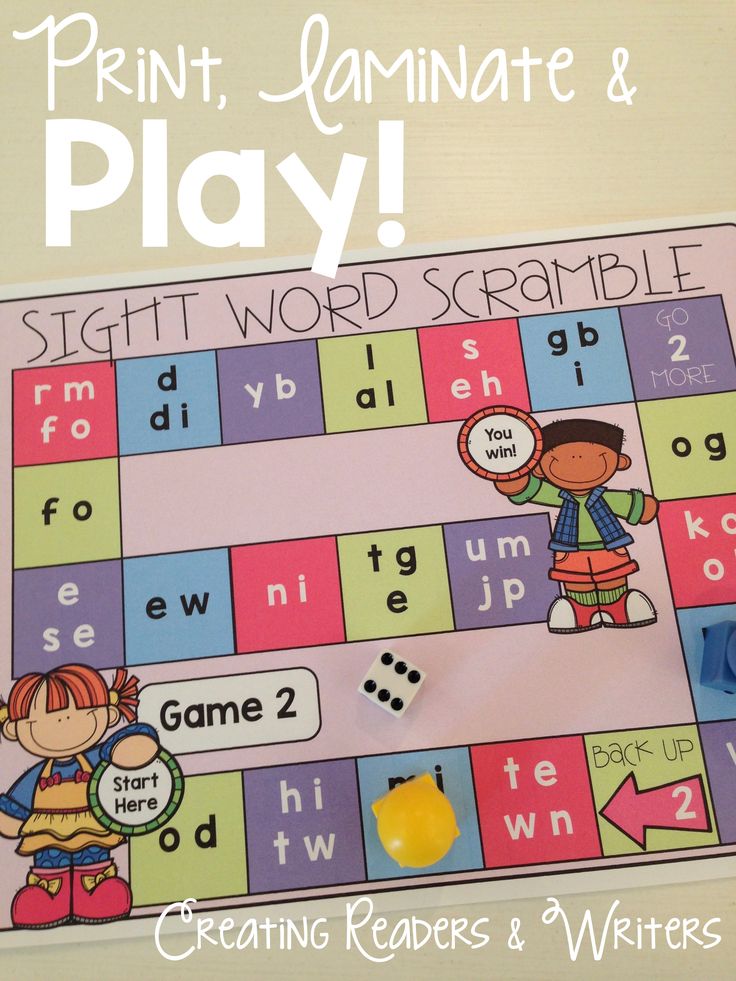 Game progress:
Game progress:
You choose a word, for example, MOUNTAIN, and repeat it several times, and then say another, similar in sound (KORA) instead. Say: MOUNTAIN, MOUNTAIN, KORA, MOUNTAIN. The task of the child is to hear and name this other - superfluous - word. You need to speak at a speed of about one word per second.
If the child makes a mistake: pronounce the words at a slower pace, increase the number of repetitions of the correct version of the word (MOUNTAIN-MOUNTAIN-MOUNTAIN-KORA-MOUNTAIN-MOUNTAIN) or try to exaggerate the sounds that distinguish the words: G-MOUNTAIN, K-KORA. To facilitate the task, you can also show the child a picture of one object from a pair of named words - "an unnecessary word" (in the above example, you need to show a picture of a mountain).
To organize the game, you can use the tasks from this list:
NORA, NORA, PORA, NORA.
EAR, EAR, EAR, HAIR.
SPIDER, GOAT, GOAT, GOAT.
BOW, BOW, PLOW, BOW.
CAP, TURNIP, CAP, CAP.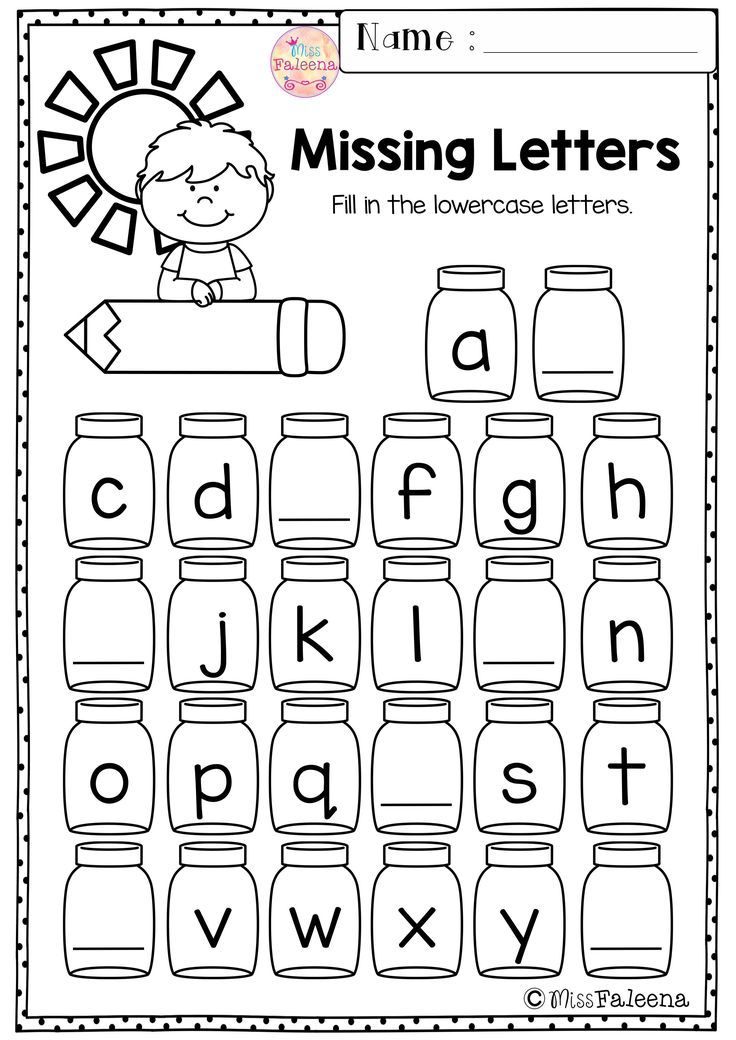
MOLE, MOLE, MOUTH, MOLE.
CAT, YEAR, CAT, CAT.
HONEY, HONEY, HONEY, ICE.
WALRUS, KORG, WALRUS, WALRUS.
ROD, ROD, ROD, ROD.
BOUQUET, BOUQUET, BOUQUET, COUPLET.
HERON, HERON, DROP, HERON.
HOUSE, HOUSE, HOUSE, VOL.
DAUGHTER, POINT, DAUGHTER, DAUGHTER.
CANE, NAILS, NAILS, NAILS.
- Game "Tell me a word"
Purpose: to exercise in isolating the first sound in a word.
Material: poems in which one word does not agree.
Course of the game: The teacher reads poetry, where he does not finish the word, the children name it and highlight the first sound in the word.
For example:
He is both a wolf and Santa Claus,
And makes the guys laugh to tears,
- last time was a teacher, The day after tomorrow - a machinist. He must know a lot, Because he .... (artist)
Here the driver turns the round wheel early in the morning .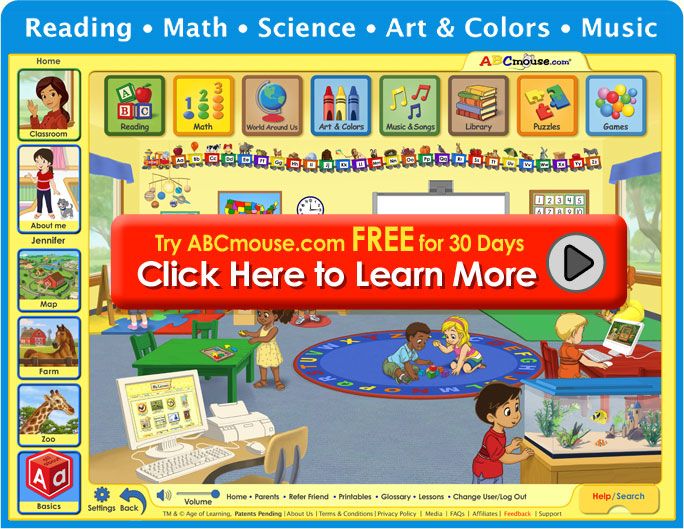 .. (steering wheel)
.. (steering wheel)
I don’t fly to a warm land,
I live here, under the roof.
Chick-chirp! Don't be shy!
I am experienced ... (Sparrow).
It rides on two wheels, it does not slip on slopes.
And there is no petrol in the tank. This is my ... (bicycle)
"Mikhail was playing football and scored against the goal ... (goal)
The forest telegraph operator is knocking:
- Hello, thrush-buddy!" And he signs ... (woodpecker)
The foal grew up every day and became ... (horse)
He slept all winter in a fur coat, and when he woke up, he began to roar.
This is a forest animal - ... (bear)
- Snow is melting, a stream is flowing on the branches full of ... (rooks)
- Game: "Car / Plane or train" ("sound box" according to the Montessori method M.)
Purpose: to determine the position of a sound in a word
Material: a picture of a car (airplane or train; box) divided into three parts.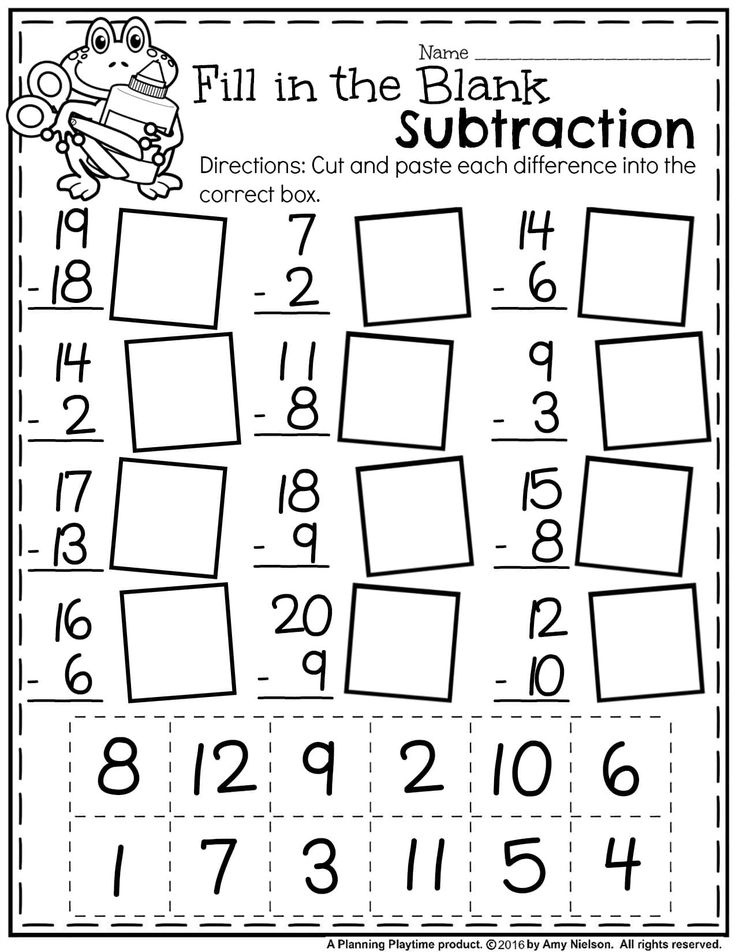
Game progress: Children have cards with pictures in which
a given sound occurs, for example, [y]: ducklings, snail, kangaroo, watermelon, etc. word, give its characteristic
(vowel, consonant hard or soft) and lay out a chip on a typewriter or
on a plane/train, or in a box in the desired part.
- Game "We are going on a trip"
Purpose: to exercise in isolating the first sound in a word; learn to choose words for a given sound.
Material: 2 painted suitcases, on which the letters 'C' are glued on: 'S' on one, 'Sh' on the other. Pictures depicting items of clothing in which these letters are present.
Game progress: The teacher says that Sasha and Shura are going on a trip and they need help to pack their things. Sasha collects things with the sound "S" in a suitcase, and Shura with the sound "Sh".
- Game "Lost Animals"
Purpose: to exercise in the differentiation of vowels and consonants by ear, in highlighting the first sound in a word.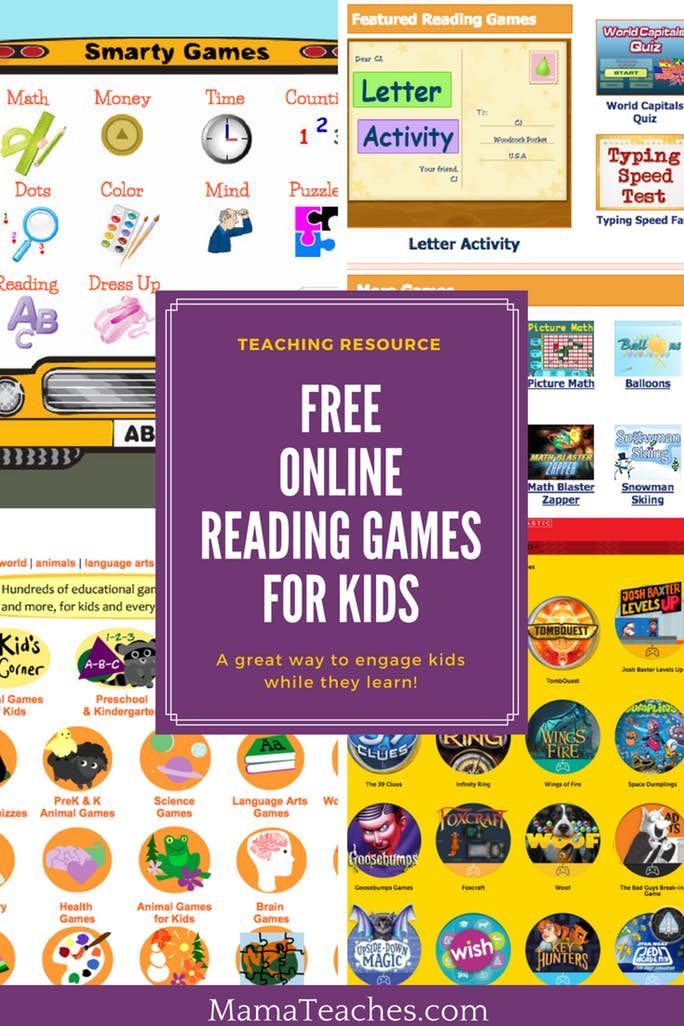
Material: pictures of animals, three houses (red, blue and green)
Game progress: children take a picture of an animal, determine the first sound in the word and in which house he lives. The color of the house corresponds to the characteristics of the sound: red is a vowel, blue is a hard consonant, green is a soft consonant.
- Sound football game
Purpose: to learn to distinguish sounds, to learn to determine the presence of given sounds in words, to develop attention.
Material: subject pictures from any board game or toy. If in the words you named, the child hears the sound that you agree with him, the baby must catch the word - clap his hands. Name the words in which the sound is at the beginning, at the end, in the middle.
- another time, place pictures from board games or toys in front of your child. Offer to choose those that have the sound you specified.
Tips: Be careful when choosing tasks.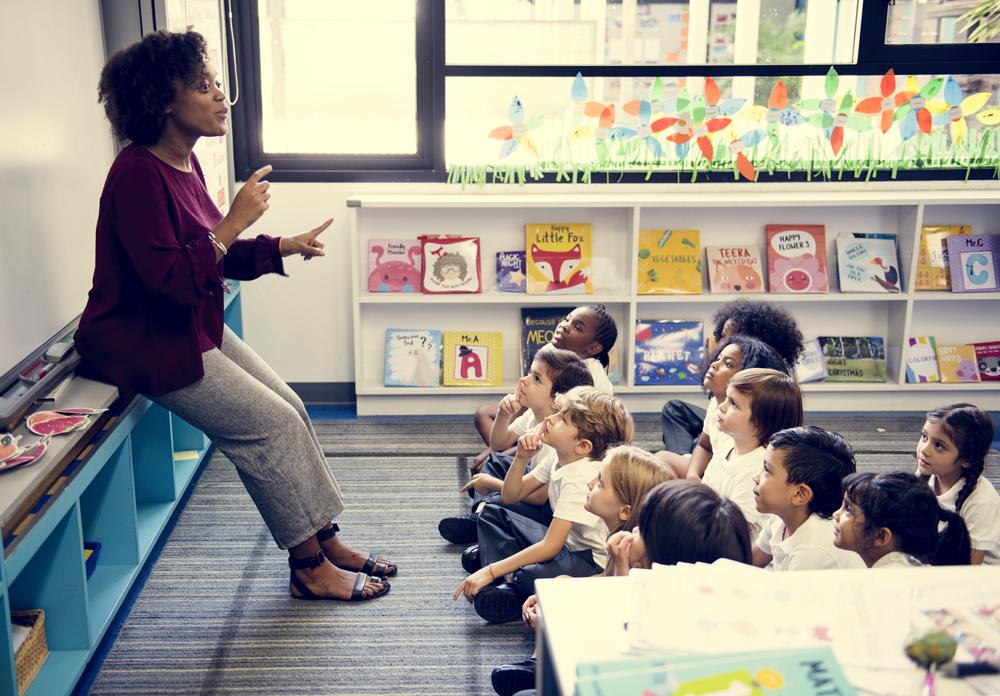 Remember that the easiest way to hear vowel sounds is A, O, U, I, S, "bright" consonant sounds such as M, N, L, R, it is easier for children to distinguish from other consonants - Ш, С, Р. Do not let's do tasks with E, E, Yu, I. The letters E, E, Yu, I can mean two sounds.
Remember that the easiest way to hear vowel sounds is A, O, U, I, S, "bright" consonant sounds such as M, N, L, R, it is easier for children to distinguish from other consonants - Ш, С, Р. Do not let's do tasks with E, E, Yu, I. The letters E, E, Yu, I can mean two sounds.
In order for the child to cope with tasks more successfully, before choosing words, give him the opportunity to pronounce the given sound several times, to hear the sound in his own performance.
Such a game forms an important skill for further learning to read - the ability to determine the presence or absence of a sound in a word.
Option:
Make it harder. You can catch only those words in which the given sound is at the beginning of the word (or at the end of the word). At the same time, try not to offer your child words in which the first or last sound is not clearly heard. For example, WINDOW (we hear the first sound A).
II. Games and exercises introducing children to letters
- The game "Cut letters"
Purpose: to promote the memorization of letters and the development of visual-active thinking, the prevention of errors in writing letters (mirror spelling, spelling "upside down", erroneous spelling instead of a given letter similar in appearance).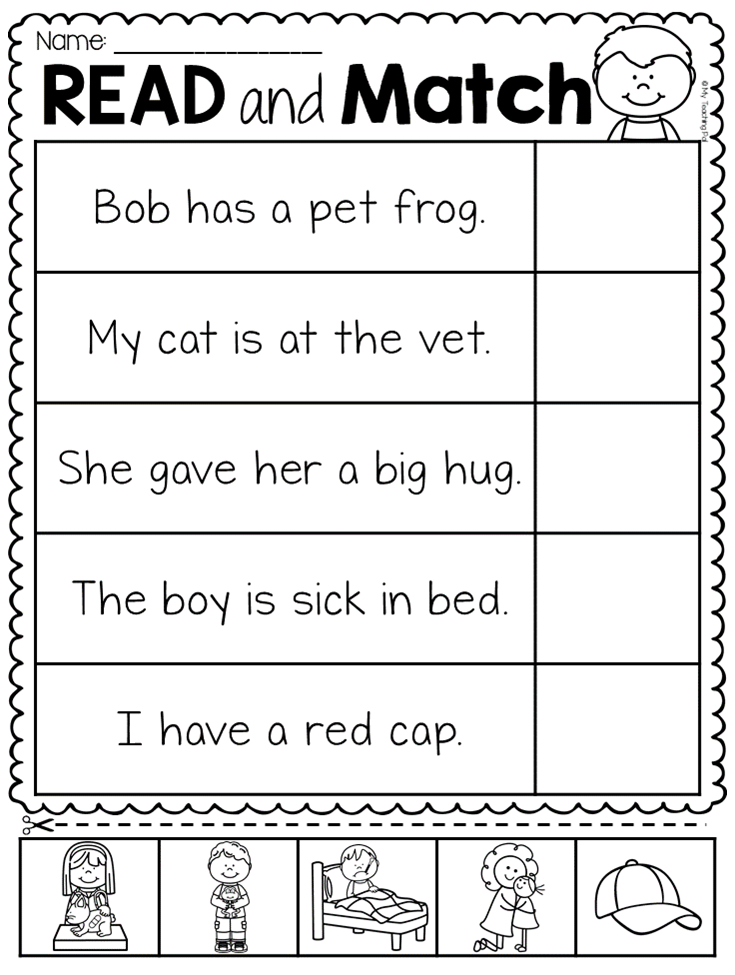
Material: cards with letters, cut into two parts (then you can cut the same letters further, so that you get 3-5 parts).
How to play: Invite the child to collect letters by presenting the parts in different ways:
- parts of one letter;
- parts of one letter + one part of another letter;
- parts 2-3 letters at a time.
Pay special attention to the selection of letters for the simultaneous folding of two or more letters. First, select letters for such a task, the difference in appearance of which is obvious, for example: A and P, C and I. When the child has mastered this level, you can present parts of letters that are similar in spelling at the same time, for example: P and B, W and E, H and P.
Don't forget to name or ask the child what the letter is! Such a game is very similar in principle to the split pictures that all preschoolers love to play.
- Game "Tangle the letters" or "Which letters are hidden?"
Purpose: consolidation of knowledge of the image of letters, development of visual perception.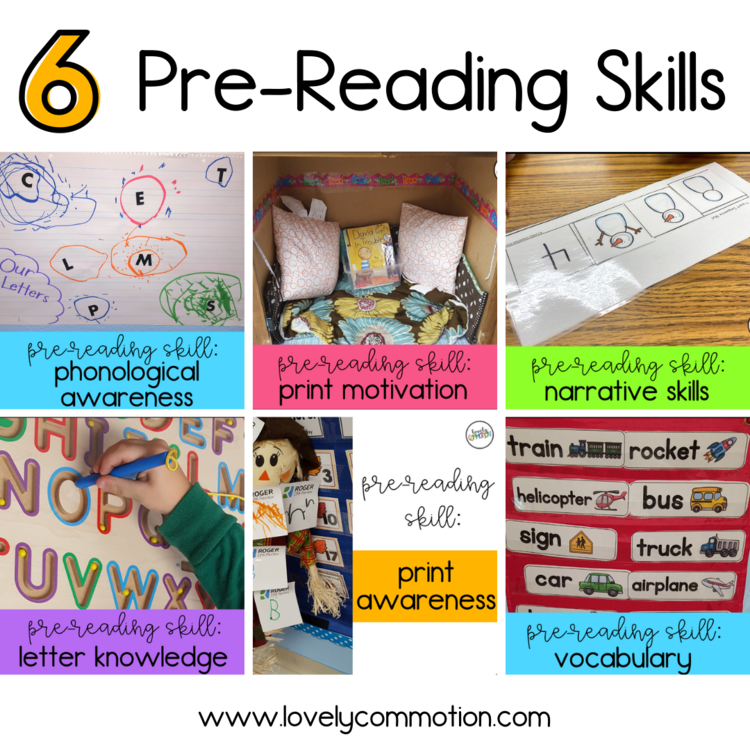
Material : Sheets with painted "patterns" of letters.
Game progress: Invite the child to guess which letters are hidden in these pictures. If the tasks are drawn on separate sheets, then the child, turning the sheet in different directions, will be able to find more letters. If the child cannot recognize which0003
or a letter, circle it with the blunt end of a pencil, this will help him to distinguish the letter from the general background.
The number of tasks created like these can only be limited by your desire.
- Builders/technicians game
Purpose: development of imagination, prevention of mistakes when writing letters. Game progress: Write on a piece of paper only the elements of the letters. Have the child repair/build or guess which letters should have been written.
You can ask the child to name all the letters that contain this element if there are several answers.
If the child can write, you can offer him to add unfinished letters:
- The game "Encrypted letter"
Purpose: children are offered cards with numbered dots and an algorithm.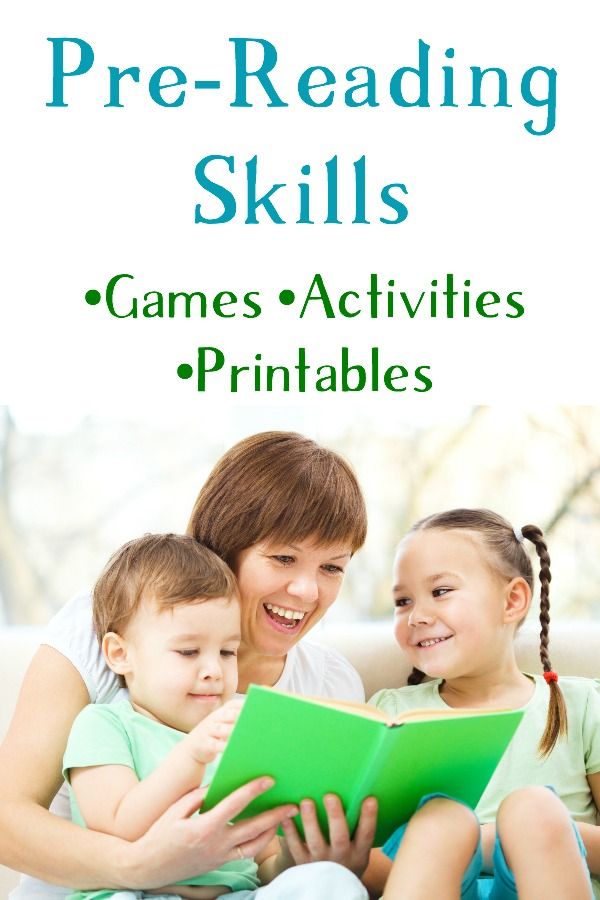 At the teacher's command, they take a marker and perform an algorithm, for example, by connecting the numbers: 1-3, 2-4, 2-5. They call the letter that turned out.
At the teacher's command, they take a marker and perform an algorithm, for example, by connecting the numbers: 1-3, 2-4, 2-5. They call the letter that turned out.
1 4
2
- 5
- Mirror game
Material: cardboard, scissors, pencil/felt pen/pen.
How to play: Prepare cards of the same size (approximately 8x12 cm) at the rate of 2 pieces for the letters the child has learned. Write 1 letter on each card. Letters must be written in the correct and mirror ("back to front") image.
Place a pair of cards with the same letter in front of the child. Please choose the correct letter. Organize an independent check of the task by the child: give him the opportunity to compare the selected letter with the letters from the "ABC" or "Primer". Be sure to ask the name of the letter.
- "Letter Lotto"
Purpose: to memorize letters, develop attention, learn to identify the first sound in words.
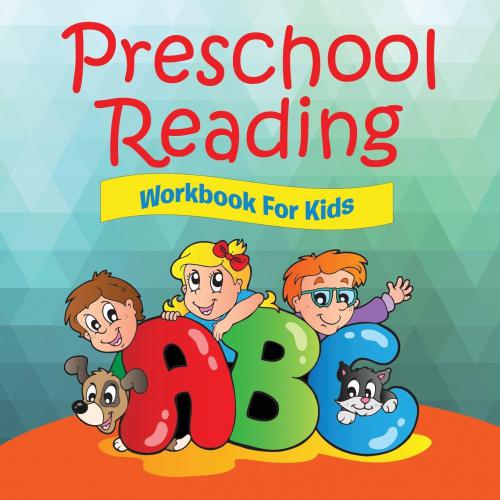
Material: drawing paper, ruler, pencil, colored pencils or felt-tip pens, subject pictures (from board games or cut out of magazines), pouch.
Divide sheets of paper into 6-8 rectangles of the same size. Write one letter in each rectangle. Write letters in large, bright colors. From board games or magazines, pick up pictures whose names begin with letters written on sheets of paper. Game progress:
Invite the child to choose one of the cards with letters and find the corresponding picture for each letter from those prepared for the game. The letter must be covered with a picture.
When the child learns to find the right pictures, you can play this game with the whole family. The rules of the game are simple. Each member of the family chooses a card with a letter. One of the family members is the host. He takes out subject pictures from the bag one at a time, asks: "Who needs ...?" (pronounces the name of the object shown in the picture). The one who has the corresponding letter takes the picture for himself, covering the letter with it.
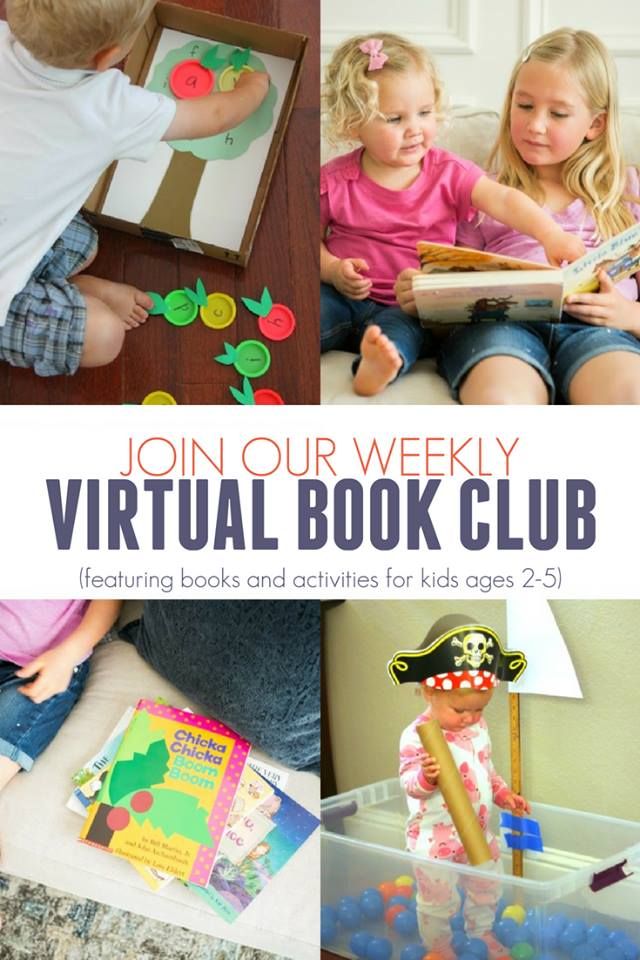 The first one to cover all the letters on their card wins.
The first one to cover all the letters on their card wins. - Game "What word did the artist want to write?" (compose by first letters)
Purpose: to exercise children in isolating the first sound in words and composing new words from them.
Material: picture cards, the first sound of which is the letter of a new word.
Game progress: The teacher says that an artist came and wrote a word, but it is unusual, because it consists of pictures. You and I need to read this word, for this we will determine the first sound in each picture, write the letter on the board, and then read it.
- Games for children to practice dividing words into syllables
- Game “Put the animals into houses”
Purpose: to practice dividing words into syllables 3; sets of pictures of animals.
Game progress: the teacher says that the animals are lost. Everyone needs to find their own home. To do this, you need to divide the word-picture into syllables and if there is 1 syllable in the word, then the beast lives in the 1st house, if there are 2 syllables, then in the 2nd, three - in the 3rd house.
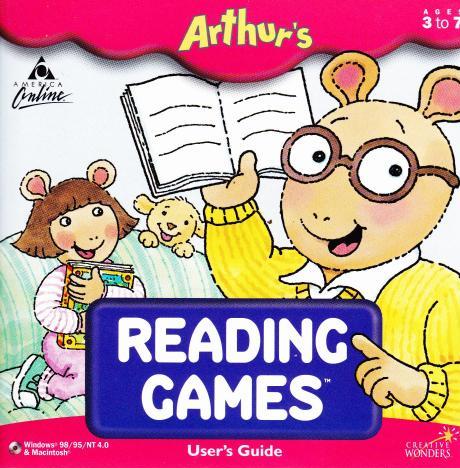 There are many variants of this game: a train, a pyramid, etc.
There are many variants of this game: a train, a pyramid, etc. - Game "Write a word without letters"
Purpose: to learn to distinguish the structure of words (syllables), to develop attention, to develop fine motor skills.
Material: paper, colored pencils or felt-tip pens, subject pictures from
any board games.
Game progress:
Tell your child that words can be written down without even knowing the letters. Write the word PONY - draw two arcs (two caps / two bumps), while "writing" the word, pronounce it in syllables. Give another example - write the word DOG in the same way.
Have your child learn to write words without letters. Help him if he has difficulty dividing into syllables. Be sure to pronounce the word in syllables at the same time as writing the word.
- another time lay out the subject pictures on the table. Invite the child to find pictures in which "you can put on two hats" (words in which two syllables, depicted in the diagram by two arcs), "you can wear three hats", find
a picture in which "one hat is enough".
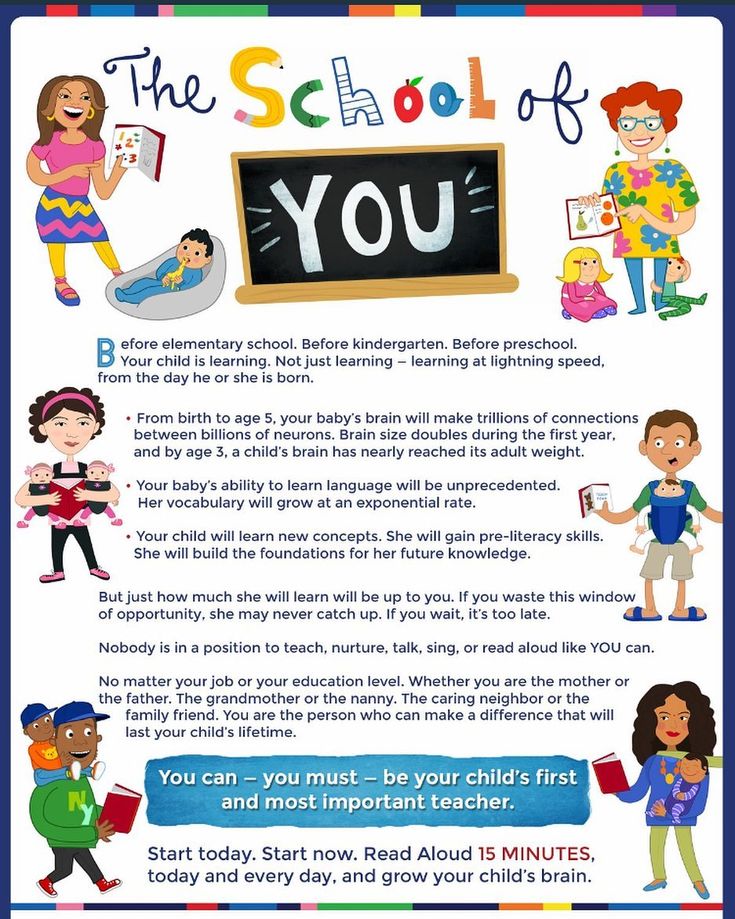
For a change, you can walk words, jump, slap, stomp, draw with dashes or dots.
Kids love this game. It not only teaches to see the syllabic structure of the word, but also attracts to the process of learning to read.
Option:
Write down the word with the help of "caps", ask the child to guess what word you thought of. Additionally, you can name some signs of this word (color, size, living or inanimate, what it is made of, etc.).
- Singing with syllables game
Purpose: to memorize syllables, to develop a sense of rhythm.
Material: cards with syllables.
The course of the game: in order for the child to memorize the syllables faster, invite him to sing them to the melody of any children's song he has chosen (“Two funny geese lived with a grandmother”, “Chizhik - fawn”, songs from cartoons - “Blue Wagon”, “ I'm lying in the sun"). First, instead of all the syllables in the song, the syllable "la" is sung.
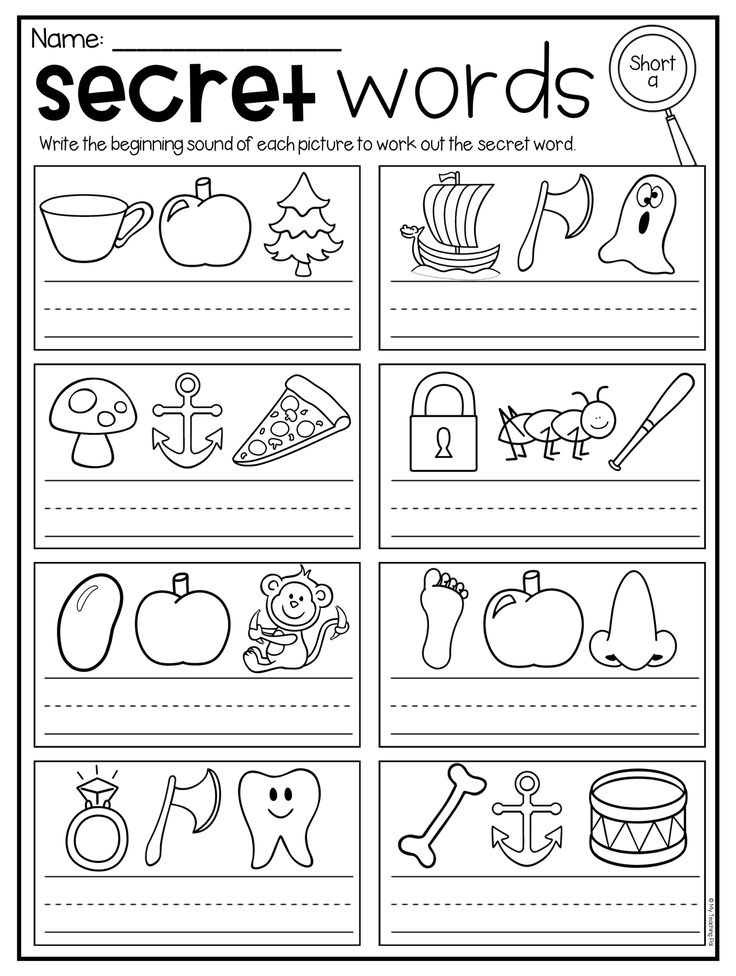 Then the syllables you are studying in a given period of time are sung in turn.
Then the syllables you are studying in a given period of time are sung in turn. Teaching Reading - A set of games and tasks to develop reading skills
In the "Teaching Reading" section you will find a lot of interesting educational materials for children of preschool and primary school age. Here are a variety of printable educational materials designed to teach preschoolers to read, as well as to test the child's level of knowledge in the humanities. These tasks are suitable for regular homework with the child, developing his speech and intellectual abilities, as well as fully preparing him for the school curriculum.
Also in this section you will find classes to develop reading skills and verbal-logical thinking. This category contains printable tasks that educators can use as didactic material for working with a group of children. Teaching reading to preschoolers is always faster and more effective when it sparks a child's interest. So do not neglect the variety of materials presented to make classes with your child more fun and interesting.
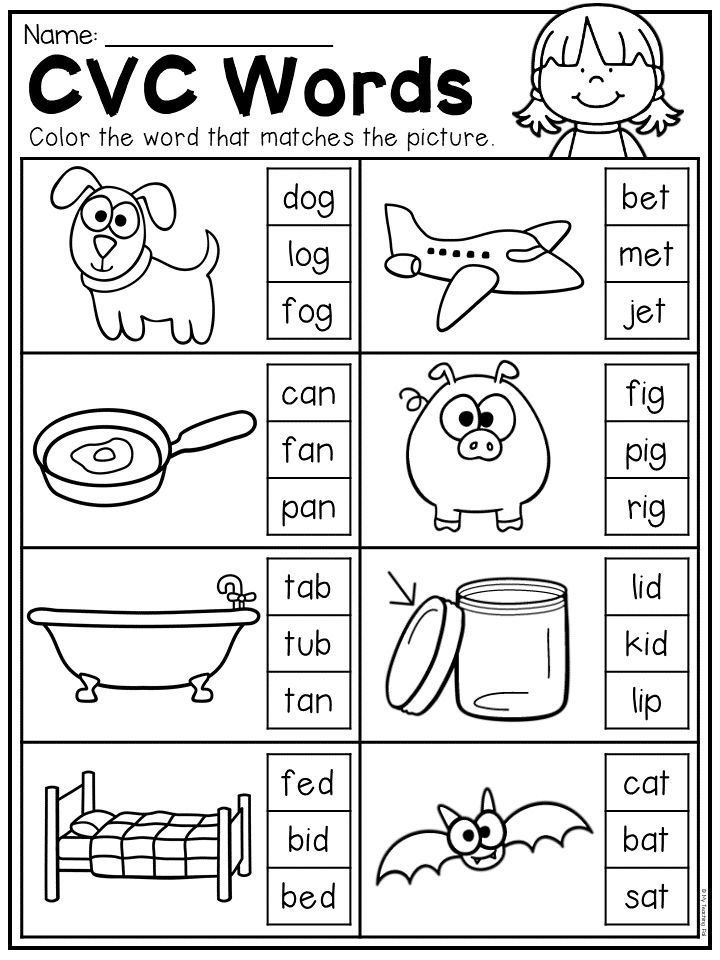
Write a word from letters - Reading task
In this section you will find many tasks, in each of which you need to make a word from letters. In some tasks, you need to compose words from given letters, and in some you need to learn the letters yourself (by the first letter of each word-picture). There are also tasks in which you need to make words from mixed letters or find hidden words.
Stories with pictures instead of words for children
Here you can download short stories for children with pictures instead of words for children of preschool and primary school age. When reading the presented stories, you need to insert the right words instead of pictures. This kind of learning to read is very interesting for children who are learning to read.
Russian alphabet in order for preschoolers
Here we will study the Russian alphabet in order, from the letter A to the letter Z. Two letters are given on each worksheet.
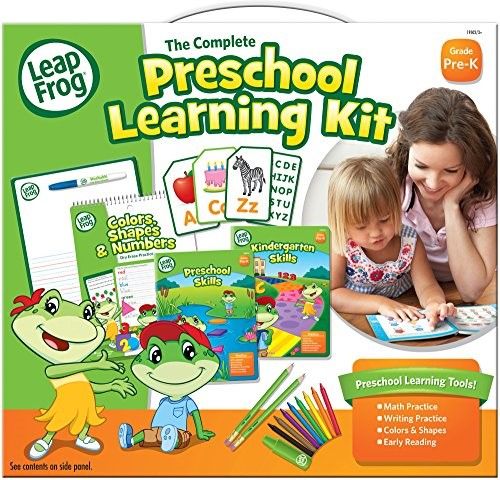 Each letter corresponds to several pictures. You need to circle only those picture words that begin with a given letter.
Each letter corresponds to several pictures. You need to circle only those picture words that begin with a given letter. Learning the Russian alphabet
In this section you can download materials that will help you learn the Russian alphabet easily and simply. Here are special tasks for teaching the Russian alphabet, and cards with letters for printing, and much more ...
Find a word by spelling in a square
In these colorful tasks for learning to read, the child needs, guided by pictures, to find a word by spelling in a special square, where the letters are arranged in a chaotic order. Each search word corresponds to one picture outside the square. The order of letters in words can be horizontal, vertical and diagonal. Here you need not only to be able to read words, but also to be very careful to find them...0394
Read by syllables are activities and printouts that teach children how to form words from syllables.
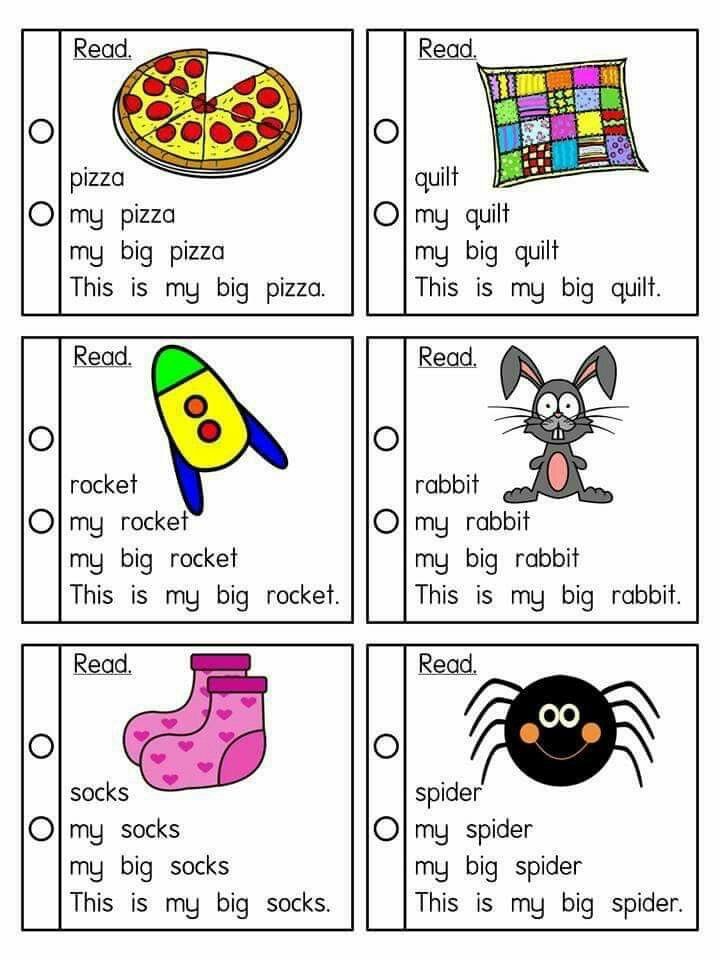
Learn more


